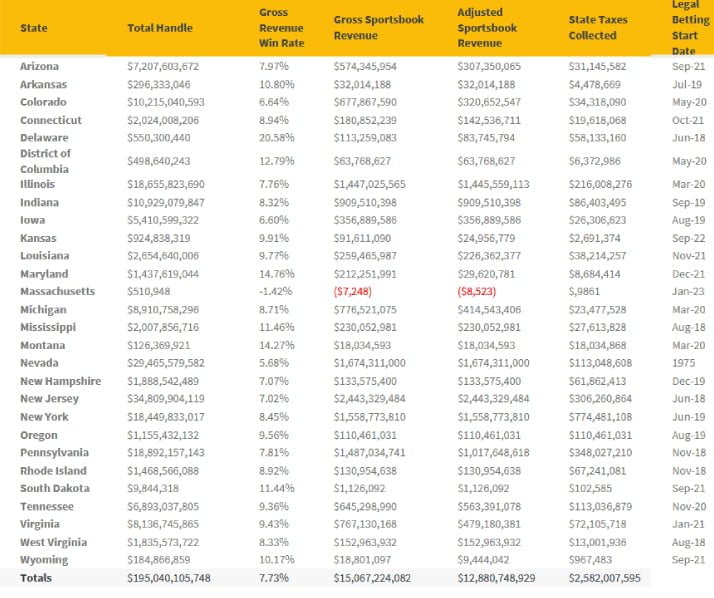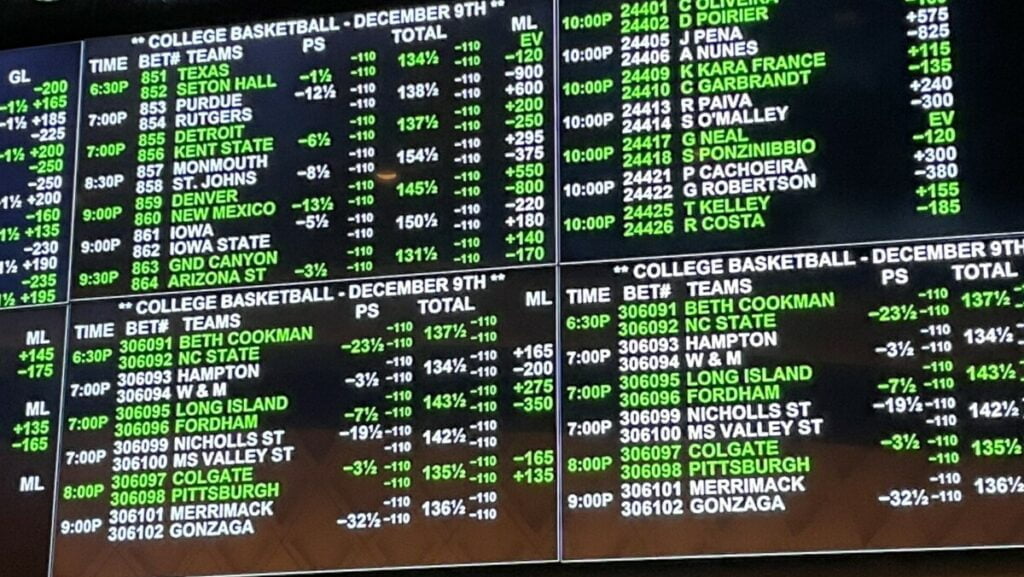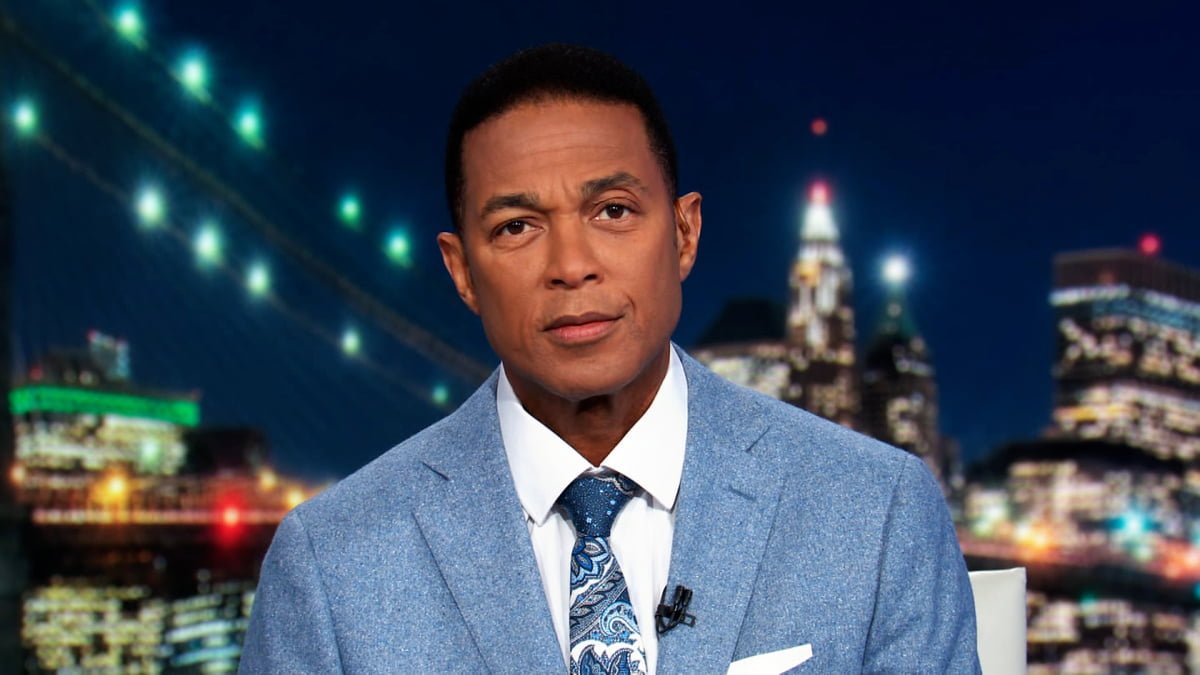U.S. Radio advertising revenues peaked in 2000 at $21.7 billion. It’s been a tough slog ever since. In 2022 total radio revenue was estimated at $14.4 billion. That includes $1.7 billion in digital sales.
The last thing broadcasters need is a law banning advertising in the one new category that has added significant revenue over the past dozen years. Yet that is precisely what Congressman Paul Tonko (D-NY) proposes with a bill he introduced called the “Betting on our Future Act.”
The sportsbooks category has been a game-changer for many radio stations, as I saw firsthand at WIP, Philadelphia. BIA predicted sportsbooks such as DraftKings and FanDuel would spend $1.8 billion in advertising in 2022, according to a Casino.org report. That includes $164 million on radio advertising.
Tonko, a New York Capital-region Congressman, calls sports gambling ads “predatory advertisements” and believes that “Congress must act to prevent problem gambling.” He cites his concern for “children and young people.” His concerns do not extend to broadcasters.
Currently, the federal government regulates sportsbook advertising only broadly, with details left to the individual states. However, some groups, such as the National Council on Problem Gambling, are concerned about potential risks and advocate for more federal intervention in sports gambling.
A 2018 Supreme Court ruling changed everything and paved the way for the current sports gambling environment. The state of New Jersey wanted to legalize betting to generate revenue and help Atlantic City’s struggling casinos. In 2012 the state’s voters approved a referendum to legalize sports betting. The major sports leagues and the NCAA sued to block New Jersey based on a federal ban on sports betting called the Professional and Amateur Sports Protection Act (PASPA), which prohibited sports betting outside of Nevada.
In Murphy v. NCAA, the Supreme Court ruled 7-2 in favor of New Jersey. It found that PASPA violated the 10th Amendment, which says that powers not specifically enumerated to the federal government in the Constitution belong to the States.
The Court’s decision opened the floodgates. Before the year ended, Delaware, Mississippi, West Virginia, and Pennsylvania joined New Jersey, making sports gambling legal.
Currently, 34 states and the District of Columbia have some form of sportsbook or gambling. Only six states have no current plans or proposals to legalize sports gambling
Record numbers of people are wagering money through sportsbook websites and apps. According to the American Gaming Association, gross gaming revenue from sports betting was a record $7.5 billion in 2022, a 75% increase over 2021. Americans wagered a total of $93.2 billion last year, up from $57.2 billion in 2021. New York saw gross gaming revenue increase 5,762% to $1.4 billion.

Some believe that the Supreme Court decision, the rise of sportsbook apps, and all the advertising have increased gambling. Are there more significant gambling problems now?
Maybe, maybe not. The American Gaming Association also estimates that before the Supreme Court decision, Americans wagered $150 billion annually on illegal sports betting. A report by Eilers & Krejcik Gaming (the leading research and consulting firm that focuses on gaming and sports betting) estimated that the illegal sports betting market in the U.S. was worth $196 billion in 2017.
Humans have gambled for thousands of years. There is evidence of gambling activities dating back 5,000 years, including in the ancient Chinese, Egyptian, Greek, and Roman civilizations. At least now, there is some oversight, transparency, job creation, and above-board economic activity. For the radio industry, it’s better than office pools and bookies named “52nd Street Irwin.”
Congressman Tonko’s bill would create financial hardship for the broadcast industry and undoubtedly result in more layoffs.
Radio and television aren’t the only industries profiting from sportsbooks and gambling. However, broadcasters may be the only ones negatively from Tonko’s proposed bill.
The hypocrisy of politicians and professional and collegiate sports leagues is stunning.
Although the NCAA and sports leagues sued to block New Jersey from legalizing sports gambling, their opposition hasn’t stopped them from profiting from sports gambling.
- NCAA: In 2020, The University of Colorado signed a five-year sponsorship deal with online sportsbook PointsBet. (one of several NCAA deals).
- MLB: When the baseball season begins next month, MLB will have at least two sportsbooks and gaming sponsors: Draft Kings and MGM Resorts. Meanwhile, Pete Rose continues to serve a lifetime baseball ban and is ineligible for the Hall of Fame. Baseball owes Pete Rose an apology, and he should get a Hall of Fame induction.
- NFL: As 2023 began, Ohio became one of the latest states to make sports gambling legal. Former Browns quarterback Bernie Kosar, working for the Browns radio network (where he did not impact the team’s performance), made the first legal sports bet in Ohio. Kosar (who wore #19) bet $19,000 on the Browns final game of the season and promised to donate the money to charity if he won. The Browns fired Kosar for violating the league’s gambling policy. The NFL had three official sports book sponsors during the 2022-23 season: BetMGM, DraftKings, and FanDuel. Maybe Kosar placed his bet with a different sportsbook? He should get his job back and an apology.
- NHL: The NHL started placing sponsor patches on player uniforms to help compensate for revenue lost during Covid. This season at least three teams’ patches feature sportsbooks or casinos: The Arizona Coyotes – Gila River Resorts and Casinos; the Vegas Golden Knights – Circa Sports; Washington Capitals – Caesars Sportsbook.
Since June 2018, when New Jersey and Delaware became the first to add legalized sports gambling, the combined states have taken in over $2.5 billion in additional tax revenue, according to SportsHandle.com. That figure will grow exponentially as more states grow their sportsbook.

Buying a lottery ticket is gambling because it is a wager in a game of chance (there is no skill in a lottery).
Since 1964, when New Hampshire became the first state with a lottery, the number of state-run lotteries has grown to 45 states, the District of Columbia, Puerto Rico, and the U.S. Virgin Islands. According to the North American Association of State and Provincial Lotteries, Americans spent nearly $107 billion on lottery tickets in 2022, up from $105 billion in 2021 and $90 billion in 2020. Last year, lotteries spent almost $2 billion on advertising – including approximately $175 million on radio.
The country has survived lotteries, as it will sportsbooks. If Congress thinks sportsbooks are so deleterious, it should pass a law that stands up to Supreme Court scrutiny, making it illegal. No government has been able to figure out how to stop people from making wagers yet. When governments try, it hasn’t gone over any better than Prohibition or other attempts to regulate moral conduct.
Instead of Congress trying to protect people from themselves, we need to emphasize personal responsibility and have resources for people who need and want help. Many states have requirements that ads include to bet with your head or where problem gamblers can get help.
If Congressman Tonko gets his way, there will be a ban on sportsbook advertising on regulated media. This bill has virtually no chance of getting to the House floor – for now. He’s in the minority Party in the House, so it’s DOA. But this movement, and this bill, or one like it, will rear its ugly head again. It’s best to start fighting it now.
Andy Bloom is president of Andy Bloom Communications. He specializes in media training and political communications. He has programmed legendary stations including WIP, WPHT and WYSP/Philadelphia, KLSX, Los Angeles and WCCO Minneapolis. He was Vice President Programming for Emmis International, Greater Media Inc. and Coleman Research. Andy also served as communications director for Rep. Michael R. Turner, R-Ohio. He can be reached by email at andy@andybloom.com or you can follow him on Twitter @AndyBloomCom.






